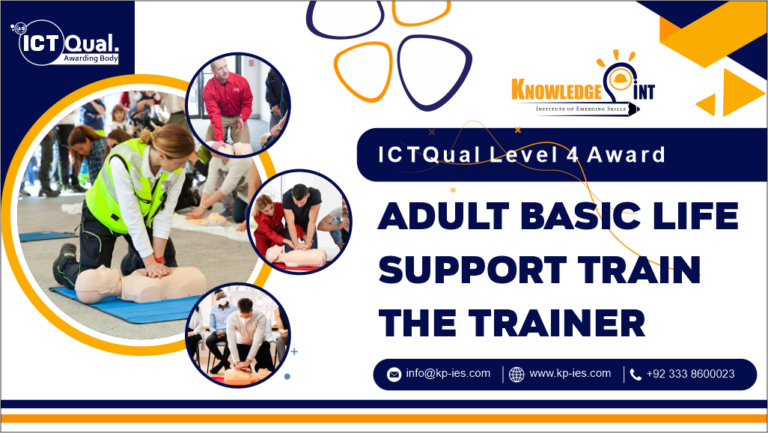ICTQual AB Level 6 International Diploma
Mechatronics
Awarding Body
ICTQual AB
Credits
360 Credits
Course
Mechatronics
study mode
Online Learning
Course overview
The ICTQual AB Level 6 International Diploma in Mechatronics is designed for individuals seeking advanced knowledge and practical expertise in the design, integration, and maintenance of intelligent electromechanical systems. This qualification equips learners with a solid theoretical foundation in mechanical engineering, electronics, robotics, control systems, and automation, enabling them to develop and manage smart technologies used across industries such as manufacturing, automotive, aerospace, and industrial automation. It prepares professionals to work effectively in multidisciplinary teams, bridging mechanical and electronic systems to create efficient and innovative solutions.
Throughout the programme, learners develop critical analytical, problem-solving, and technical skills essential for designing and implementing mechatronic systems. Key areas of study include mechanical design, robotics, control systems, sensors and actuators, programmable logic controllers (PLCs), embedded systems, industrial automation, and computer-aided design (CAD). The course also emphasises practical applications, health and safety, quality standards, and the use of modern simulation and modelling software to optimise system performance and reliability.
This diploma is ideal for aspiring mechatronics engineers, automation specialists, robotics technicians, and control system professionals. Graduates gain the competence to design, integrate, and maintain complex mechatronic systems, support innovation in industrial processes, and contribute to multidisciplinary engineering projects. The Level 6 qualification also offers pathways to postgraduate study, professional certifications, and senior technical or managerial roles in the global engineering and automation industries.

Approved Training centre of ICTQual AB
Centre # : ATC24001

Entry Requirments
Entry Requirements for the ICTQual AB Level 6 International Diploma in Mechatronics:
- Educational Qualifications:Applicants should hold a Level 5 qualification or equivalent in mechanical engineering, electronics, robotics, mechatronics, or a related technical field.
- Professional Experience:Relevant experience in automation, robotics, control systems, or industrial engineering is preferred; substantial practical experience may be considered in place of formal qualifications.
- English Language Proficiency:Since the program is delivered in English, learners must show competence in reading, writing, and communication.
Course structure
The ICTQual AB Level 6 International Diploma in Mechatronics in Personal Protective Equipment qualification consists of 36 mandatory units.






